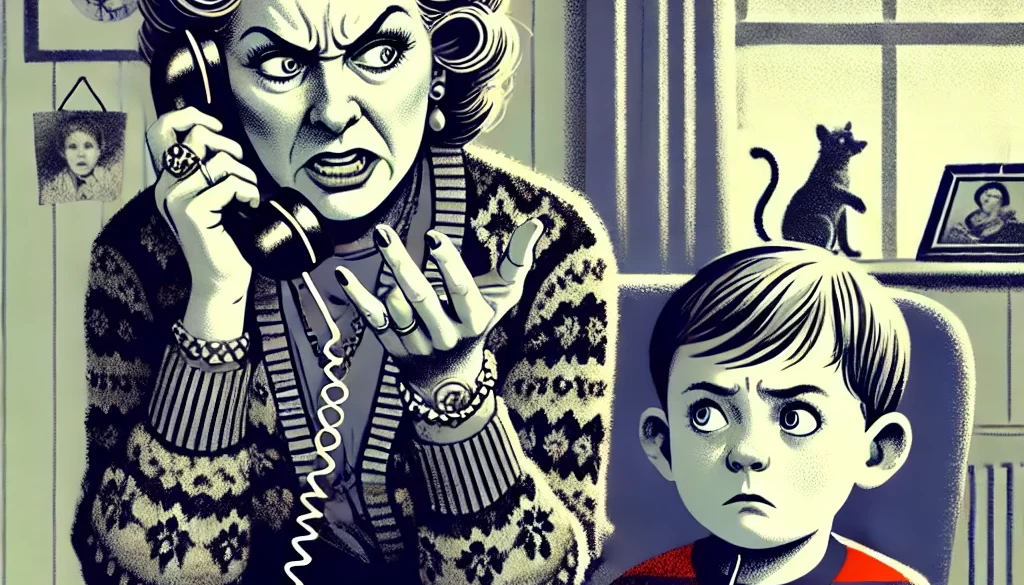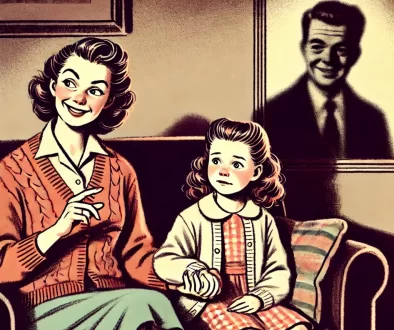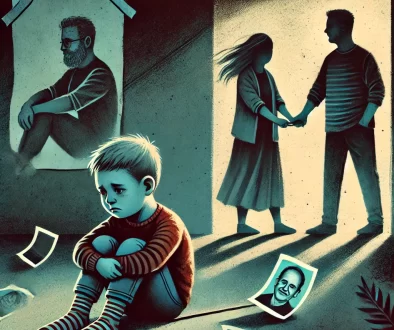Gender Dynamics in Parental Alienation: Why Mothers Are More Likely to Alienate
Parental alienation is a deeply troubling dynamic where one parent manipulates their child to undermine their relationship with the other parent. While both mothers and fathers can be perpetrators or victims, studies suggest that mothers are more frequently the alienating parent, often due to societal norms, custody arrangements, and traditional gender roles in parenting. This article explores the gender dynamics of parental alienation, with a focus on why mothers are more likely to engage in these behaviors and the implications for family law and targeted fathers.
Parental Alienation: A Gendered Perspective
Both Genders Are Affected
Research confirms that parental alienation is not exclusive to one gender. Both mothers and fathers can engage in alienating behaviors, such as speaking negatively about the other parent, limiting contact, or coaching the child to reject the other parent. However, the frequency and impact of these behaviors often vary based on gendered expectations in parenting roles.
Mothers as Alienators: The Statistics
A 2013 study revealed that in cases of parental alienation:
- 70% of alienating parents were mothers.
- 30% of alienating parents were fathers.
This significant disparity aligns with traditional custody norms, where mothers are more likely to be awarded primary custody of children. With greater access and control over the child’s environment, mothers have more opportunities to influence the child’s perceptions of the other parent.
Why Are Mothers More Likely to Alienate?
1. Traditional Custody Norms
Family courts have historically favored mothers in custody decisions, often awarding them primary or sole custody. While this trend has shifted somewhat in recent years, mothers still receive custody in the majority of cases. This custodial advantage provides a unique platform for influencing the child’s relationship with the father.
For example:
- Physical Custody Advantage: A mother with primary custody has more day-to-day interaction with the child, allowing her to shape the child’s perspective on the father.
- Control Over Visitation: Alienating mothers may withhold or interfere with visitation, using their custodial position to restrict the father’s access to the child.
2. Societal Stereotypes About Fathers
Cultural narratives often portray fathers as less nurturing or involved in child-rearing. These stereotypes can create an environment where mothers feel justified in diminishing the father’s role in the child’s life. Alienating mothers may:
- Frame the father as disinterested or irresponsible, even when evidence suggests otherwise.
- Exploit societal biases that presume the mother is the more capable or deserving parent.
3. Emotional Dependency and Loyalty Conflicts
Some mothers may unconsciously or intentionally create loyalty conflicts, positioning the child as a confidant or emotional ally. This dynamic can lead to alienation by:
- Guilt-tripping the child for wanting to spend time with the father.
- Encouraging the child to take the mother’s side in disputes.
4. Use of False Allegations
Mothers are more likely than fathers to accuse the other parent of abuse or neglect, often as a tactic to gain a legal advantage in custody battles. A 2020 review of family court cases found that false allegations of abuse are disproportionately made by mothers, contributing to the alienation of fathers. These accusations:
- Damage the father’s reputation and credibility.
- Create fear or mistrust in the child, even if the allegations are unsubstantiated.
The Impact on Fathers and Children
Fathers as Victims of Alienation
Fathers who are targeted by alienation often face significant emotional and legal challenges, including:
- Restricted Access: Alienating mothers may withhold visitation or create obstacles to co-parenting.
- Social Stigma: Fathers may struggle to counter negative narratives, especially in communities where maternal authority is presumed.
- Emotional Toll: Alienated fathers often experience depression, anxiety, and a sense of helplessness as they watch their relationship with their child deteriorate.
Children as Collateral Damage
The child, caught in the middle, suffers the most. Alienated children often experience:
- Emotional Confusion: Being pressured to reject a loving parent creates internal conflict and guilt.
- Loss of a Relationship: Alienation deprives the child of a healthy bond with their father, which can have long-term psychological consequences.
- Manipulated Worldview: Alienated children grow up with distorted perceptions of their father, affecting their ability to form healthy relationships in adulthood.
Addressing the Gendered Nature of Parental Alienation
1. Legal Reforms
Courts must continue to evolve toward gender-neutral custody decisions that prioritize the child’s best interests. Shared parenting arrangements, where both parents have equal involvement, reduce the opportunity for alienation.
2. Recognizing Alienation as Abuse
Parental alienation should be recognized as a form of emotional abuse, regardless of the gender of the perpetrator. Courts, therapists, and legal professionals need to be trained to identify alienating behaviors and intervene appropriately.
3. Supporting Fathers
Targeted fathers need access to resources, including:
- Legal representation familiar with parental alienation cases.
- Support groups for alienated parents.
- Reunification therapy to rebuild their relationship with the child.
Conclusion
While both mothers and fathers can engage in parental alienation, the data clearly show that mothers are more likely to alienate, often due to their greater custodial influence and societal biases. This disparity highlights the need for systemic changes in family law and a greater focus on shared parenting. By addressing the root causes of alienation and supporting targeted parents, society can work toward ensuring that children maintain healthy relationships with both parents, free from manipulation and conflict.
I’m Randy Morano—a father, author, and staunch advocate for parental alienation awareness. My journey through the depths of parental alienation has transformed me into a passionate advocate, dedicated to shedding light on this overlooked form of emotional abuse.
As a survivor, I understand the profound impact of parental alienation firsthand. Through my writing and advocacy efforts, I aim to raise awareness, empower others, and provide support to families in need. Join me in the fight for change and hope.



